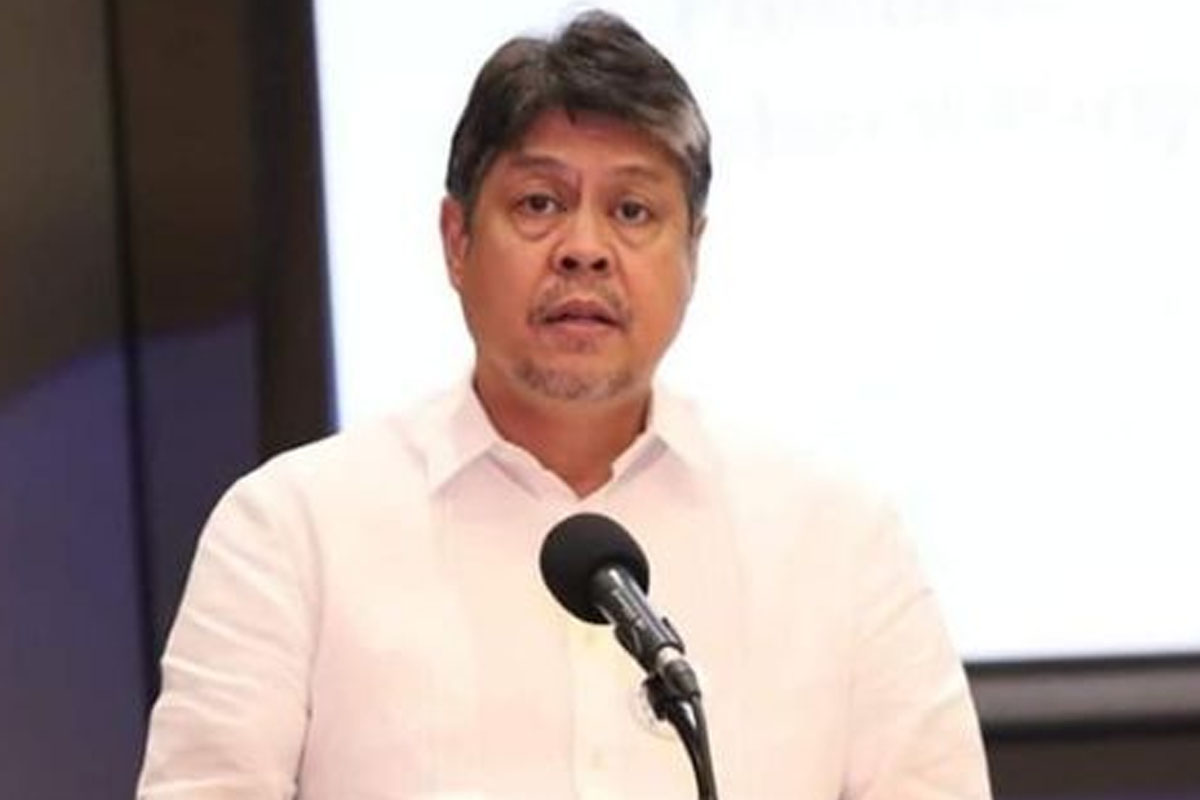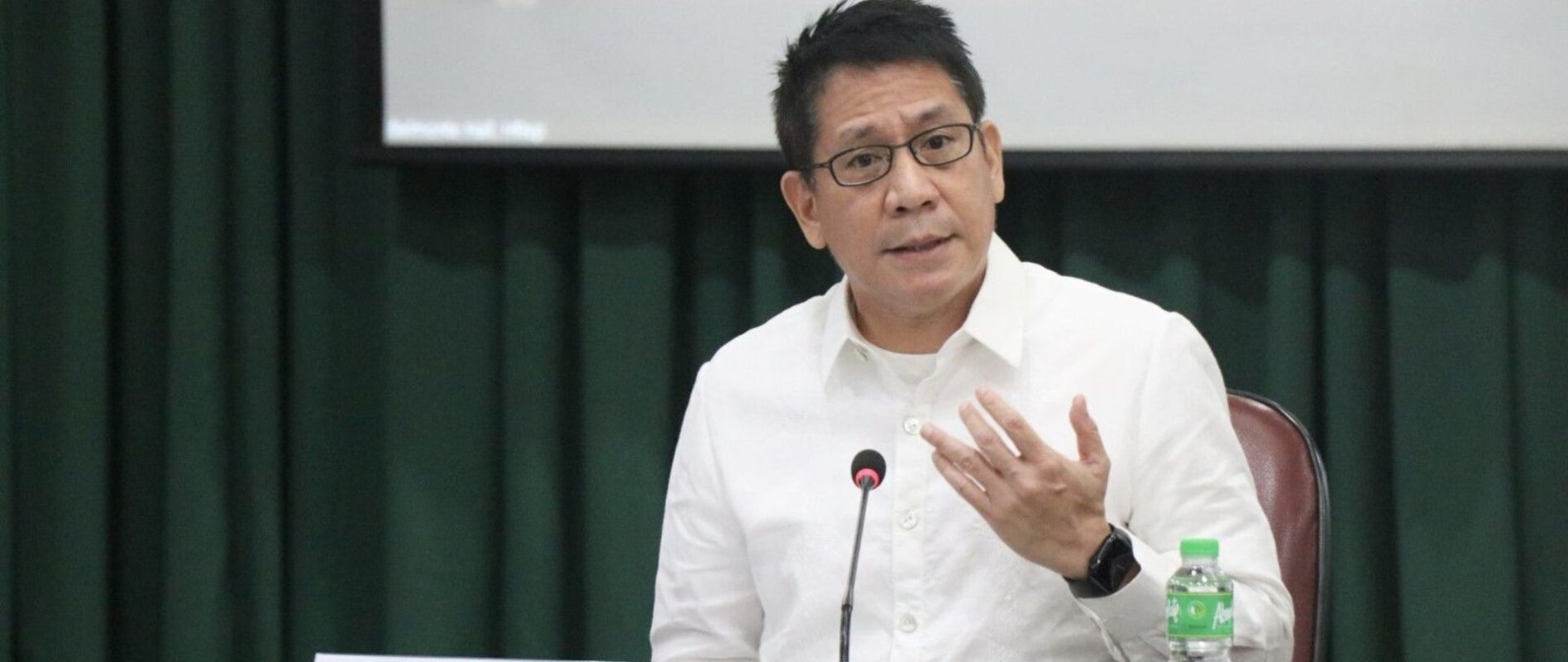SENATOR PUSHES MENTAL HEALTH ASSISTANCE FOR YOUTH
SENATOR Francis Pangilinan stressed the need to expand the capacity of the National Center for Mental Health to enable it to help more Filipinos amid the pandemic.
“Dapat palawakin pa ang kapasidad ng NCMH na makatugon sa mga pangangailangan ng ating kabataan,” Pangilinan said, noting that the facility received an average of 400 calls per month related to depression and mental health during the pandemic.
The senator said that young people, especially students, double-burdened young mothers, and underemployed or laid-off workers need help because they have been greatly affected by the pandemic.
“Malala ang epekto ng pandemya at lockdown sa ating lahat, pero lalo na sa ating mga kabataan. Maraming nakakaramdam ng isolation. Maraming nakakaramdam ng takot at pag-aalala dahil nawalan ng trabaho o dahil sa kawalang katiyakan sa trabaho,” Pangilinan said.
“Mahilig pa naman tayong mga Pilipino na makipag-usap. We are a sociable people. Malaking kawalan sa ating buhay ang hindi makita o makausap ang mga kaibigan, kaklase at maging mga katrabaho,” he added.
Pangilinan cited an Asian Development Bank study in which researchers Nina Dela Cruz and Raymond Gaspar identified the three most psychologically affected sectors — young people, students, mothers, and underemployed or laid-off workers.
Dela Cruz and Gaspar said their findings revealed that young adults aged 18-25 are relatively more at risk of episodes of psychological distress. A high incidence of stress, anxiety, and depression among young adults aged 18-30 was also noted.
They said accumulating worries associated with missing traditional milestones and losing economic opportunities and vital relationships are leading young adults into mental distress.
“When all classes went online, the prevailing digital divide put poor students, especially those in more remote areas, at a disadvantage. Amid workplace closures, a large group of workers, particularly part-time employees and those whose work cannot be feasibly done at home, have either been furloughed or have faced reduced working hours with negative consequences on their income and finances,” the ADB study said.














